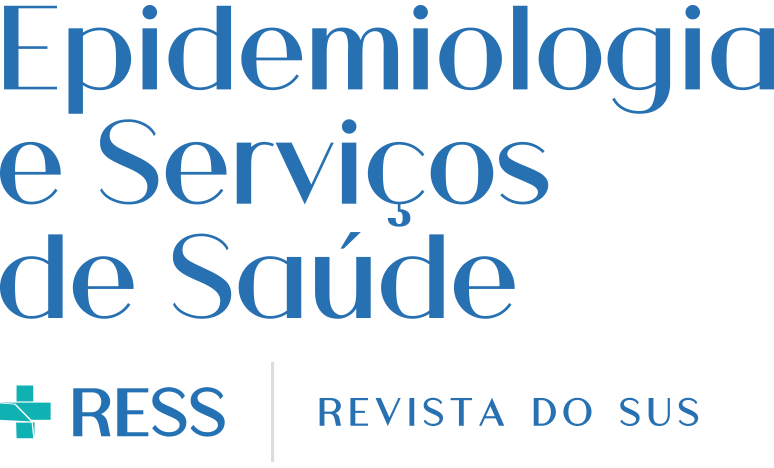OBJECTIVE:
to describe the prevalence of medication use by the Brazilian population to treat chronic noncommunicable diseases, according to demographic factors.
METHODS:
this was a descriptive study using 2013 National Health Survey data.
RESULTS:
81.4% (95%CI 80.1-82.7) of those with hypertension were taking medication, with higher use in the South (83.6%; 95%CI 80.8-86.4), women (84.6%; 95%CI 83.2-86.5) and in individuals aged over 75 (92.2%; 95%CI 89.7-94.6); 80.2% (95%CI 78.0-82.5) of those reporting diabetes and 52.0% (95%CI 49.1-54.9) reporting depression used medication, with higher use in the Southeast (84.6% and 55.0%) for both diseases; 81.5% (95%CI 77.4-85.6) of patients reporting asthma used medication, there being no differences between the country's regions.
CONCLUSIONS:
the results indicate high use of medication to treat the chronic diseases investigated, which may indicate increased access to their treatment, notwithstanding some regional differences.
Chronic Disease; Drug Utilization; Health Surveys; Epidemiology, Descriptive





